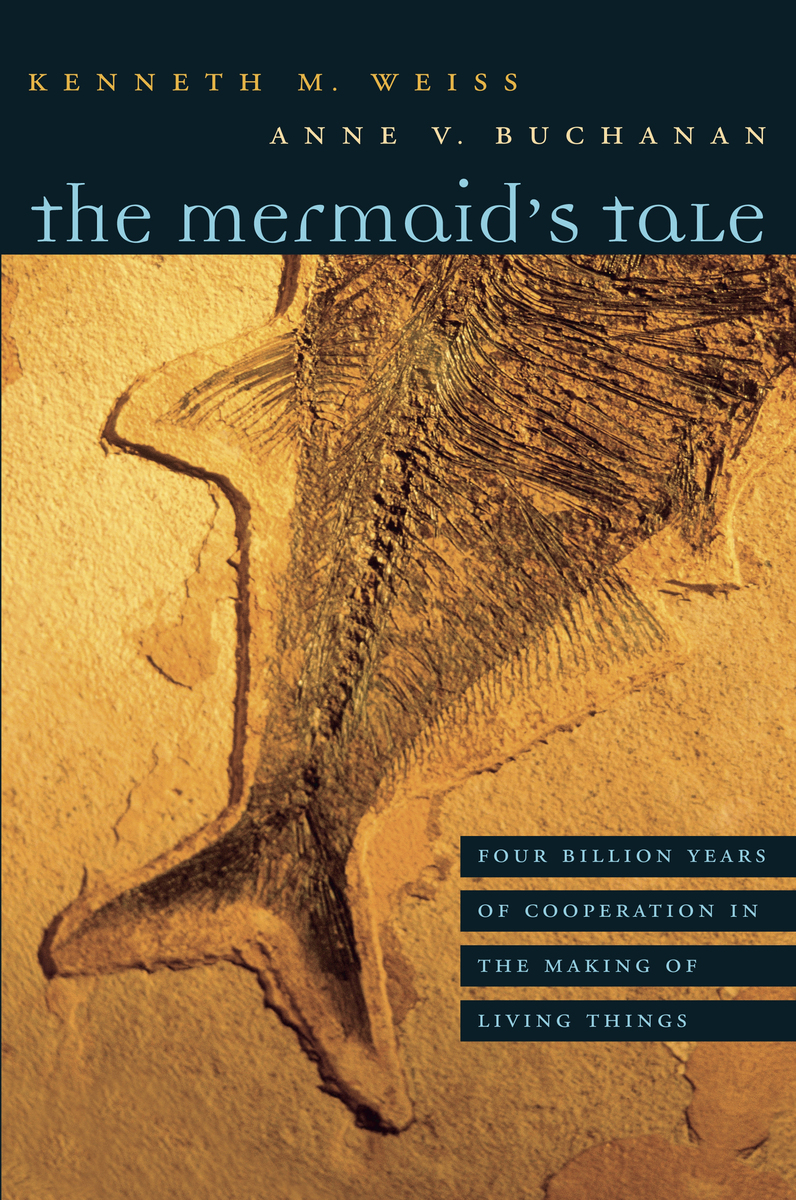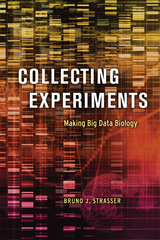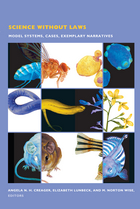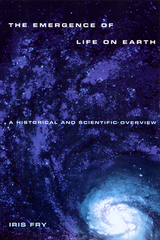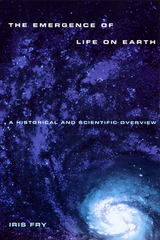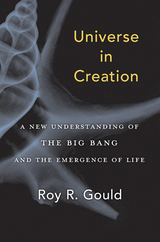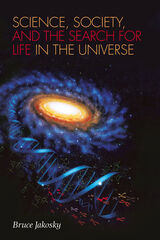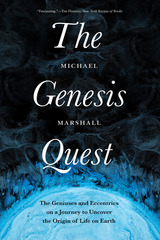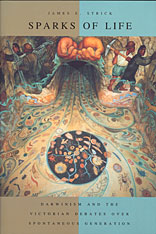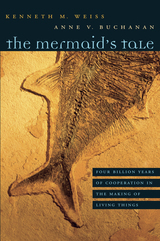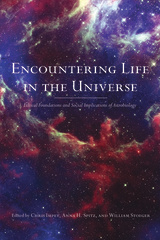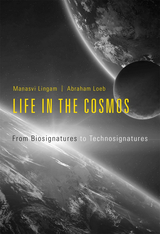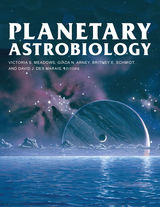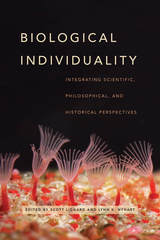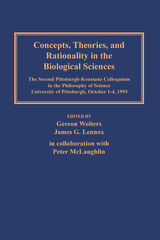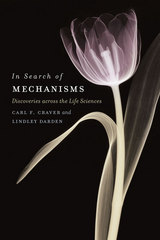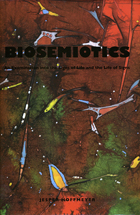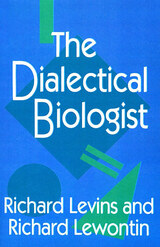eISBN: 978-0-674-27082-4 | Cloth: 978-0-674-03193-7
Library of Congress Classification QH325.W43 2009
Dewey Decimal Classification 576.8
Even after 150 years, Darwin’s theory of evolution by natural selection is irresistibly compelling. But how can this idea—in which competition prevails—be consistent with all that we know about the thoroughly cooperative nature of life at the genetic and cellular level? This book reconciles these discrepancies.
Assembling a set of general principles, authors Kenneth Weiss and Anne Buchanan build a comprehensive, unified theory that applies on the evolutionary time scale but also on the developmental and ecological scales where daily life is lived, and cells, organisms, and species interact. They present this story through a diversity of examples spanning the fundamental challenges that organisms have faced throughout the history of life. This shows that even very complex traits can be constructed simply, based on these principles. Although relentless competitive natural selection is widely assumed to be the primary mover of evolutionary change, The Mermaid’s Tale shows how life more generally works on the basis of cooperation. The book reveals that the focus on competition and cooperation is largely an artifact of the compression of time—a distortion that dissolves when the nature and origins of adapted life are viewed primarily from developmental and evolutionary time scales.
See other books on: Chaotic Behavior in Systems | Cooperation | Evolution (Biology) | Natural selection | Origin
See other titles from Harvard University Press
